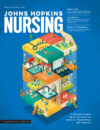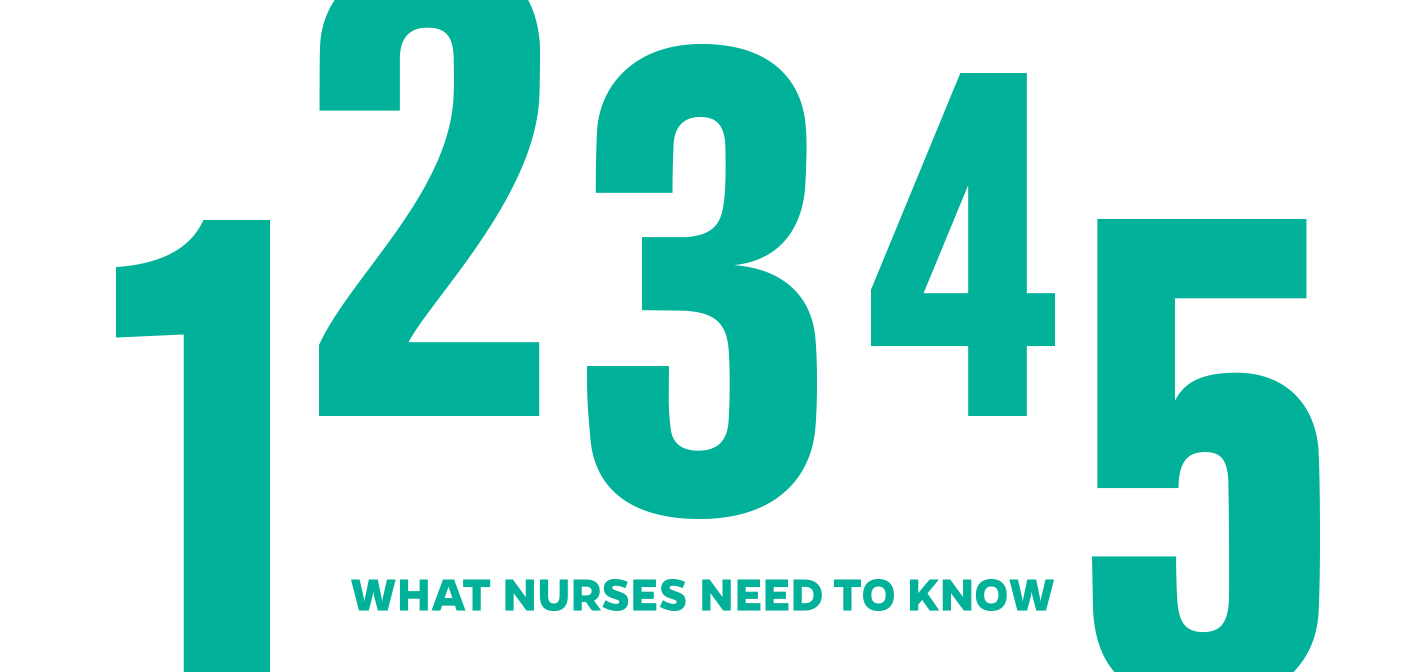By Amber Zupancic-AlbinEach issue, a member of the Johns Hopkins Nursing community will address a workplace or classroom concern in straightforward terms.There are several lectures from nursing school that reside somewhere in the foggy abyss of my brain, yet I distinctly remember the lectures regarding the Nurse Practice Act.
Mostly, I recall feeling confused. Of course I will be ethical and act within my scope of practice. Why do we need to be tested on such seemingly intuitive rules?
I memorized what I needed to know to pass the NCLEX. Fast-forward 15 years, and here I am, emphatically stressing to you, my fellow nurses: Learn It. Know It. Live It.
Essentially, the act is your nursing rulebook. Each state has its own act, which lays out its rules of professional and ethical conduct that nurses must adhere to.
In my practice, I represent a number of nurses and other providers being investigated or disciplined by a nursing board for allegedly violating the act. Common violations include:
- Failure to promote patient safety.
Rightfully, patient safety is of utmost importance. Errors that result in patient harm are more likely to be reported. Be proactive in maintaining your competency, education, and training. - Dishonesty.
Thou shalt not tell a lie on your application for licensure or during the course of your employment. If you have a criminal history, disclose it. Triple check before affirming that you have the required hours for renewal. Be honest, always. - Controlled substances.
Do not engage in illegal drug activity. If you have a valid prescription for a controlled substance, this is generally allowable. - Improper delegation or supervision.
When mentoring or supervising students, new graduates, or new nurses, be aware of their experience and do not delegate tasks outside of their scope or skill level. It’s the same when delegating tasks to nursing aides or other assistive personnel. - Poor documentation and communication.
Be thorough, accurate, and never alter the patient record. Amending a previous entry or adding a late entry is acceptable, so long as the documentation is appropriate. Regularly communicate with supervisors, colleagues, patients, and families on a plan of care.This article is not meant to incite worry or paranoia but to encourage mindfulness and forethought in your practice. Utilize your superior critical thinking skills in handling professional or ethical dilemmas. Never underestimate the power of intuition. Stop and think. Ask questions. And know that support is out there.
Finally … a word of gratitude. I know how challenging nursing can be. Your work is so important and often unacknowledged. So I salute you, my fellow nurses, for doing what many cannot.Amber Zupancic-Albin, ’01, is a nurse attorney at Zupancic Albin Law, PC in Portland, OR; [email protected]

